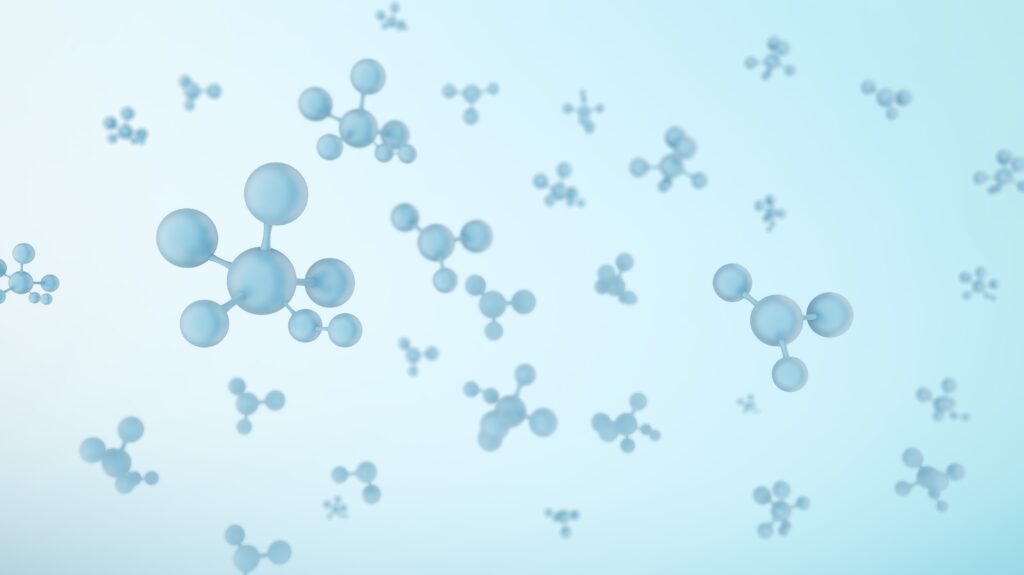Summary: Biofertilisers from organic sources are being promoted for their potential in promoting a circular economy and maximizing resource use. However, environmental investigations are needed to replace synthesised fertilisers. This study examines the environmental performance of iron-based fertilisers (Fe-biochelate and Fe-EDDHA) in EU and US geographical zones using the life cycle assessment (LCA) methodology. The results show that Fe-biochelate reduces impacts on global warming, terrestrial ecotoxicity, and fossil resource scarcity (77%) compared to Fe-EDDHA. Soymeal and acetic acid are the main stressors in Fe-biochelate production, while phenol, ethylenediamine, and glyoxal are the most significant contributors to the impact categories related to Fe-EDDHA. As a result, Fe-biochelate can be considered a more eco-friendly alternative to Fe-EDDHA.
Publication: Sustainability









